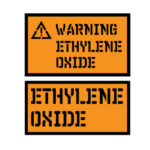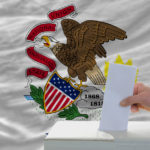University of Illinois Urbana-Champaign reveals funding schools would relieve property taxes

The Illinois Economic Policy Institute and the Project for Middle-Class Renewal at the University of Illinois Urbana-Champaign conducted a study, “Assessing Potential Options to Provide Property Tax Relief in Illinois”. The study revealed that increasing the funds for schools would relieve property taxes.
Illinois is currently ranked at the 50th position at a national level in terms of K-12 education revenues while it is ranked at seventh position in terms of highest property taxes. The study stated that the state funds paid only 24% of local education. The gap between the property taxes and education funds is filled up by the municipalities by relying on the property taxes, according to the study.
Frank Manzo IV, the co-author of the study, said, “Property taxes are regressive and reliably consume a larger share of income for working.” The property taxes could be held constant by adding $5 billion in state funds in the next four years. The extra revenue can be generated in three ways including graduated income tax, applying taxes on retirement incomes, and increasing the sales tax on some services.
Revenue of at least $1.25 billion and more than 14000 jobs would be created if any of the three proposals are implemented. The property taxes will come down by 10% without raising other revenues. The study stated, “A home represents the largest share of total wealth for working families, so most of their wealth is taxed.”
The study revealed that the rate of increase in home value was not directly proportional to the increase in income. The study stated that a homeowner with an income of $35000 paid 10 percent of his taxable incomes in property taxes while a homeowner with an income of $75000 paid 6 percent of his taxable incomes in property taxes. On the other hand, a millionaire pays less than 1 percent of his taxable incomes in property taxes. The study concluded that the revenue spent on public education could reduce property taxes.










